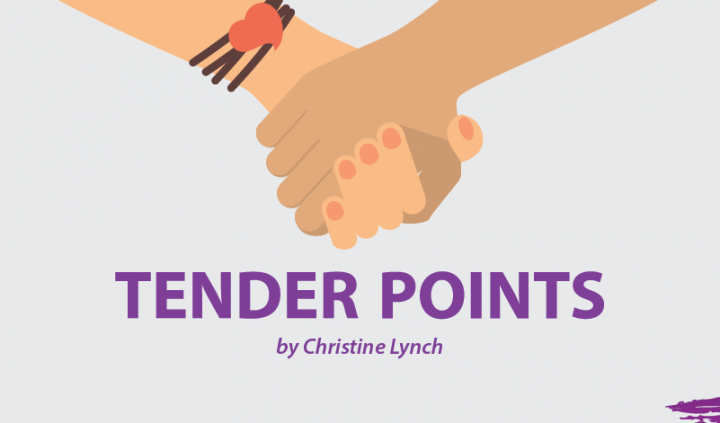I’ve often been asked whether fibromyalgia has periods of remission. For me, the answer lies somewhere between yes and no, although closer to yes.
To clarify: Sometimes my symptoms are better, to the extent that I might even consider myself to be pain-free. However, a healthy person would likely judge my still-aching hips, neck, and shoulders to be problematic.
Other times, my symptoms are significantly more severe.
I’ve had one notable exception. After my husband of 27 years suddenly died of a heart attack at 48, I called my rheumatologist to ask for help with sleeping. He cautioned me to be prepared for a worsening of symptoms given that stress is known to increase pain. The website of the U.K.’s National Health Service even lists “death of a loved one” as a possible fibromyalgia trigger.
And so I waited. I even discussed the situation with my employer, hoping to lessen the surprise should I need to be absent from work for a prolonged period. However, instead of worsening, all of my physical symptoms vanished for the next 12 months. When they came flooding back one year later, I had almost forgotten how miserable I had felt. I assumed that my body had been in such a state of shock during that time that it could feel nothing at all.
At all other times in my life since early childhood, I’ve had continual fibromyalgia symptoms to one degree or another. That’s the bad news. The good news is that although I have multiple symptoms, I experience only one severely debilitating symptom at a time.
For example, if my irritable bowel syndrome with diarrhea is acting up to the extent that I’m unable to leave the house, my whole-body pain is lessened. If my fatigue is so extreme that walking is an issue, my IBS is usually under control. While this may not sound like a significant plus, when I look at the big picture, it is a blessing.
The unfortunate exception to the above is mood disorders. When any of my physical symptoms are at their worst, depression or anxiety often are present as well. This combination is my greatest challenge, and I’ve sought cognitive behavioral therapy (CBT) for it. I can handle physical pain and I can deal with emotional problems, but I have great difficulty managing both at the same time.
Does CBT stop the pain? Sadly, it does not. It can, however, change your response to it. A well-trained therapist can provide you with effective tools to help you through the worst times. These tools can sustain you until the next period of “remission” occurs.
***
Note: Fibromyalgia News Today is strictly a news and information website about the disease. It does not provide medical advice, diagnosis, or treatment. This content is not intended to be a substitute for professional medical advice, diagnosis, or treatment. Always seek the advice of your physician or other qualified health provider with any questions you may have regarding a medical condition. Never disregard professional medical advice or delay in seeking it because of something you have read on this website. The opinions expressed in this column are not those of Fibromyalgia News Today, or its parent company, BioNews Services, and are intended to spark discussion about issues pertaining to fibromyalgia.


Many of the things you have mentioned are useful to non-FM people with chronic pain of one sort or another.
Thank you for some very helpful advice.